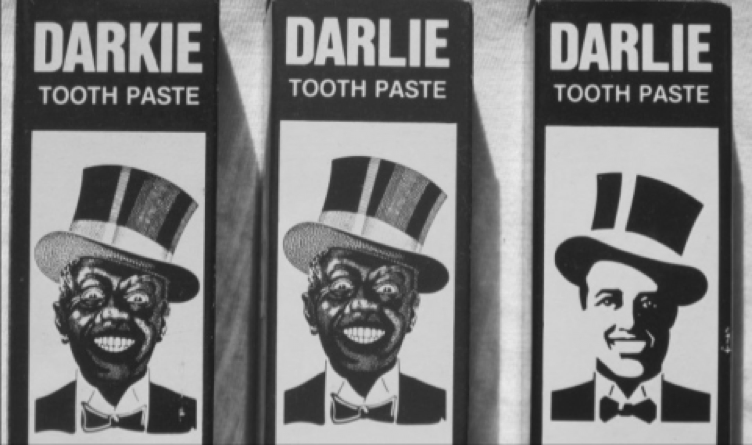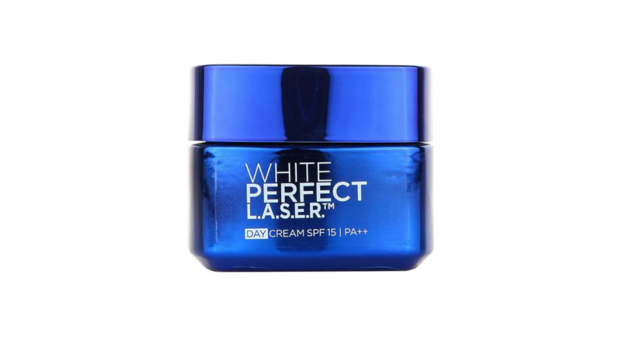#BLM Movement in China, what do we learn?
Being influenced by the global movement of Black Lives Matter (BLM), Chinese people start to worry about their domestic brands and advertisements.
The Dispute of Chinese Toothpaste Name
The most controversial example is Darlie, a.k.a Hei Ren Yagao—“Black Person Toothpaste” in China, a popular toothpaste brand in Asia. Under pressure over the brand, this company is thinking about changing its name.
Being created 90 years ago, this Shanghai toothpaste brand named itself “Black Person” and emblazoned its packaging with a Blackfaced man and a toothy grin.
Darkie (Black Person) tooth paste advertisement
Although Colgate-Palmolive Co. bought 50% of this brand in the 1980s, the product changed its English name but kept its racially charged name in Chinese. The Chinese name seems like a “good” trigger, which makes It becomes a nation’s top seller in the Asian area.
Colgate’s logo
Bloomberg indicated that it is quite common to maintain this kind of racial/stereotype trope as a marketing bridge in much of the world before the recent BLM protest. Particularly for the counties that don't have racial history.
Bloogberg’s comments on “Black Person“ toothpaste
In the example of Darlie toothpaste, Bloomberg noted that white teeth and black skin can resonate with Chinese who rarely encounter black people. But undoubtedly, because of global awareness, it will be hard to pitch with those racial ideas anymore.
( “I envy your bright teeth but you think I am racist your dark skin?”, credits to @jiangchacha0314)
Do Lighting Skins matter?
Meanwhile, cosmetics brands, like Johnson & Johnson and L’ Oreal also decided to get rid of the concept like white/whitening, fair/fairness, light/lightning from its skin products amid BLM uproar.
White Perfect L.A.S.E.R.
However, becoming less colour-conscious could be especially difficult in Asia. Many Chinese netizens straightforwardly show their disagreement on Weibo, and feel it is “over-correct”.
“It is too much. Are we going to stop using the item ‘bright day' as well ? ” which gains 2.7k likes.
“Under this logic, please let me know when the white house will change its name.”
“Well, so there will be no blackboard because it is racist; and there also will be no whiteboard, because it is about white supremacists.”
Due to skin colour has long been tied to the classes in Asia, this decision has challenged most Asian people's traditional aesthetic standards. For cosmetics brands, their skin-lighten products also drive an important portion of their business in this region.
On matters on the skin-tone controversy, some people shared their advice for the brands.
“Maybe it can develop three different types of product: white perfect, yellow perfect, black perfect, and then problem solved.”
“Can people learn from our panda? It is black and white together. It presents equality and is advanced in the global trend.
In the backdrop of the global BLM movement, even it doesn’t cause intense protest in Asia, the good news is many brands in this region wake up to the issues and become more racial conscious in choosing words. How should brands navigate this change in China? It is a question for you and me.












